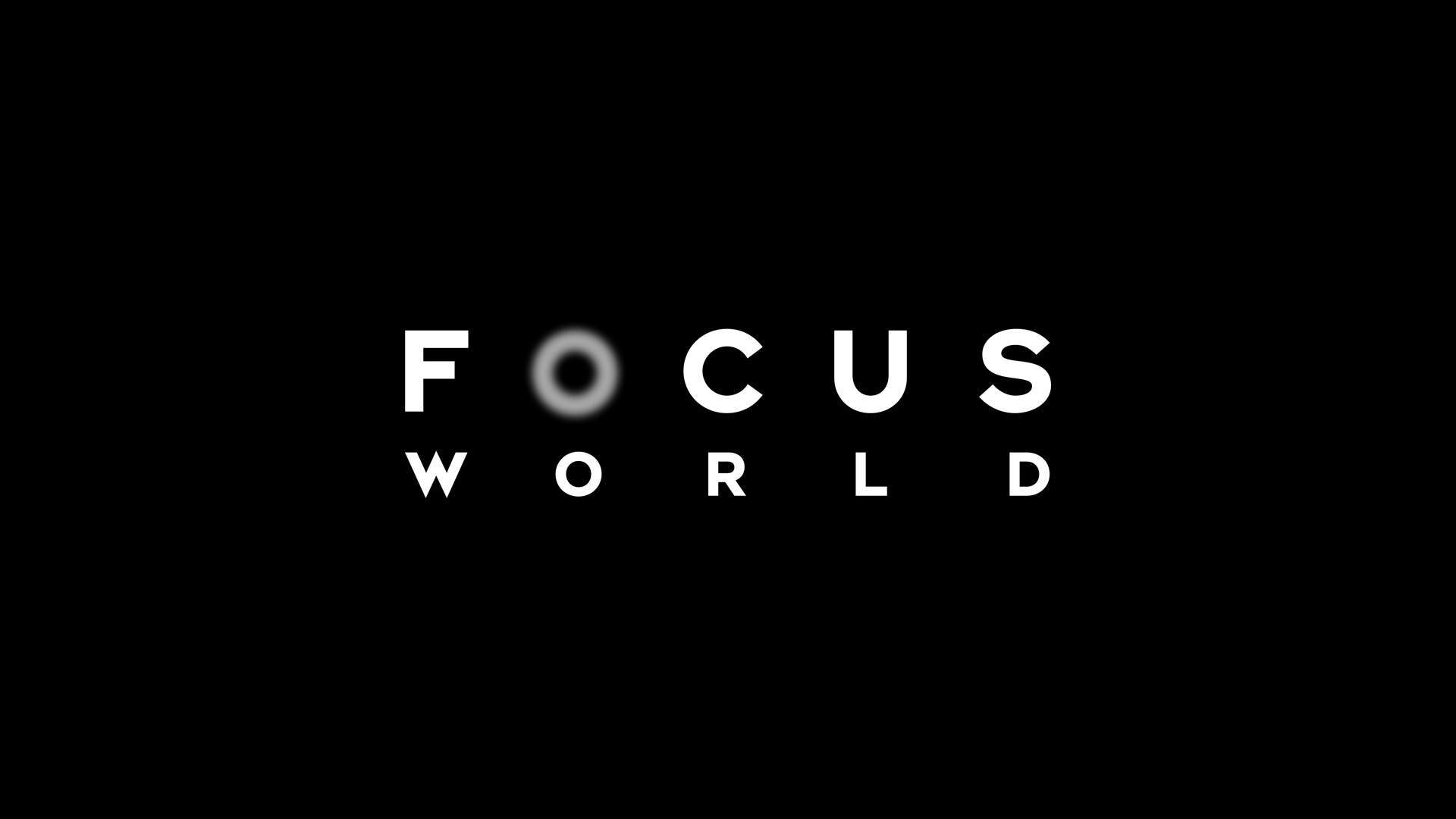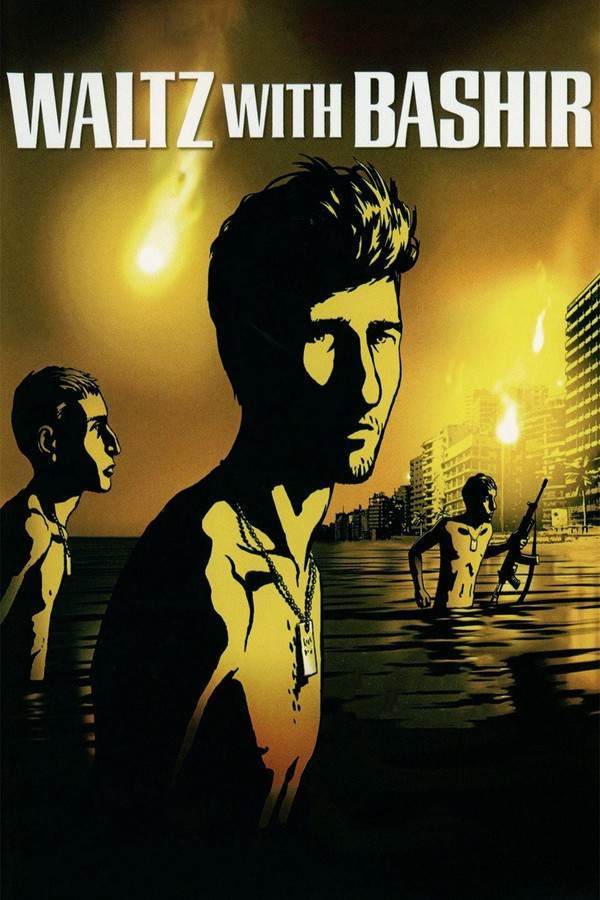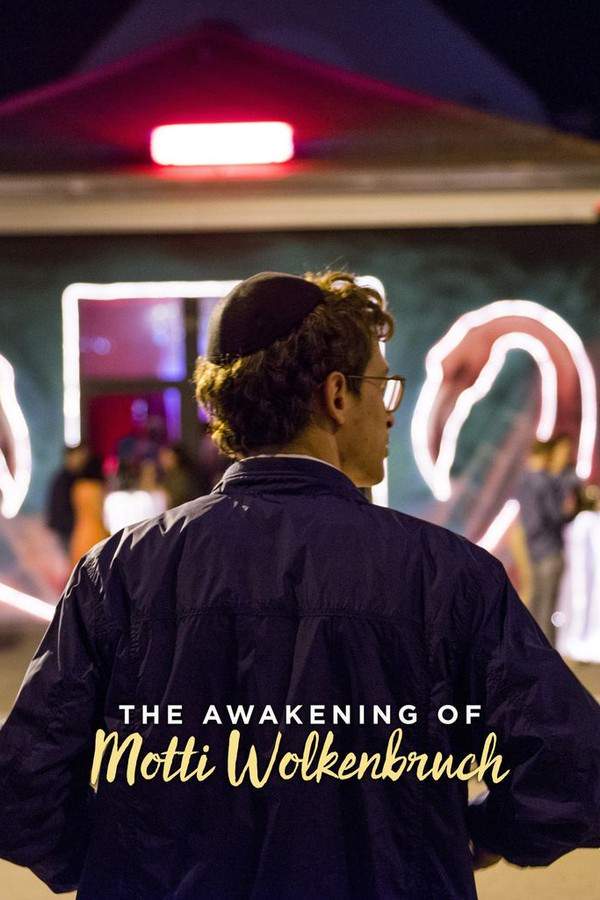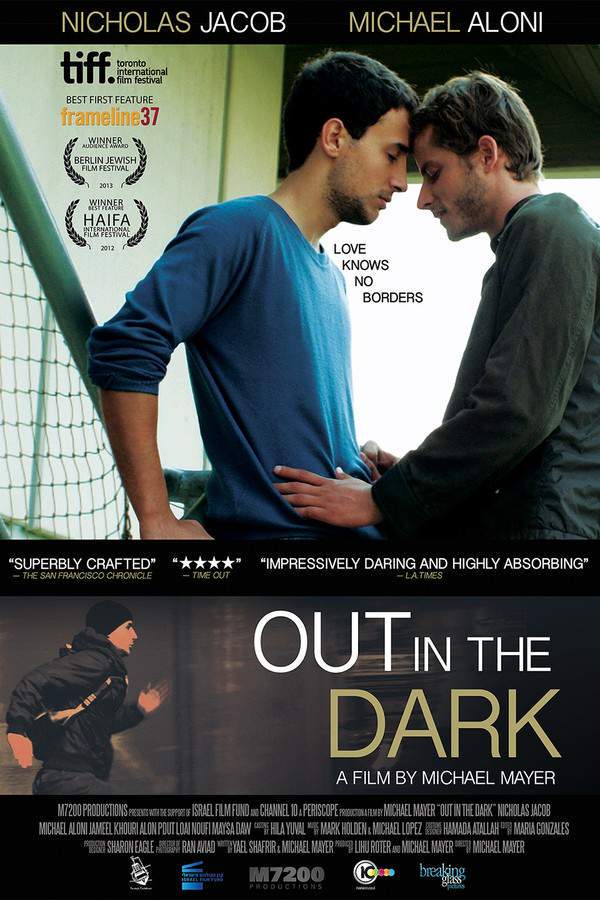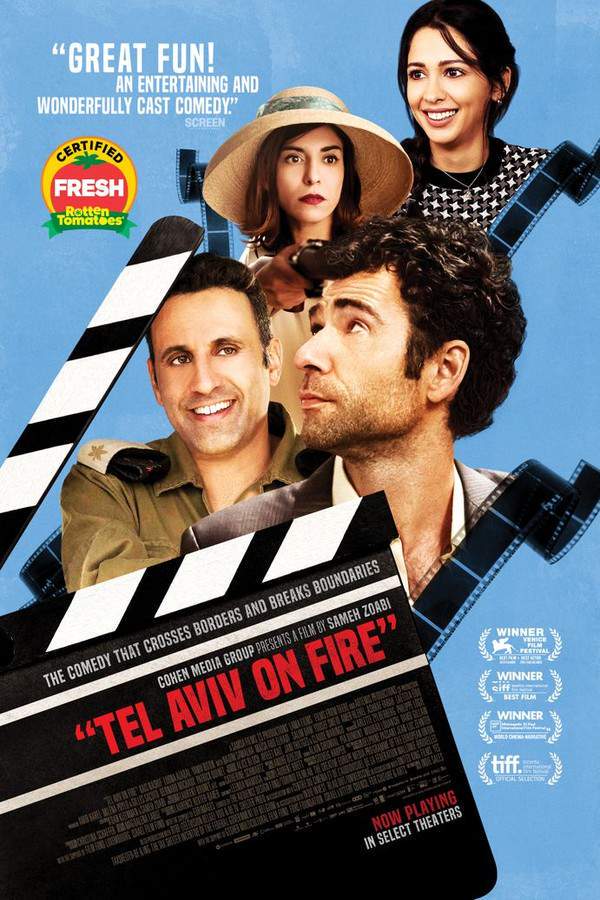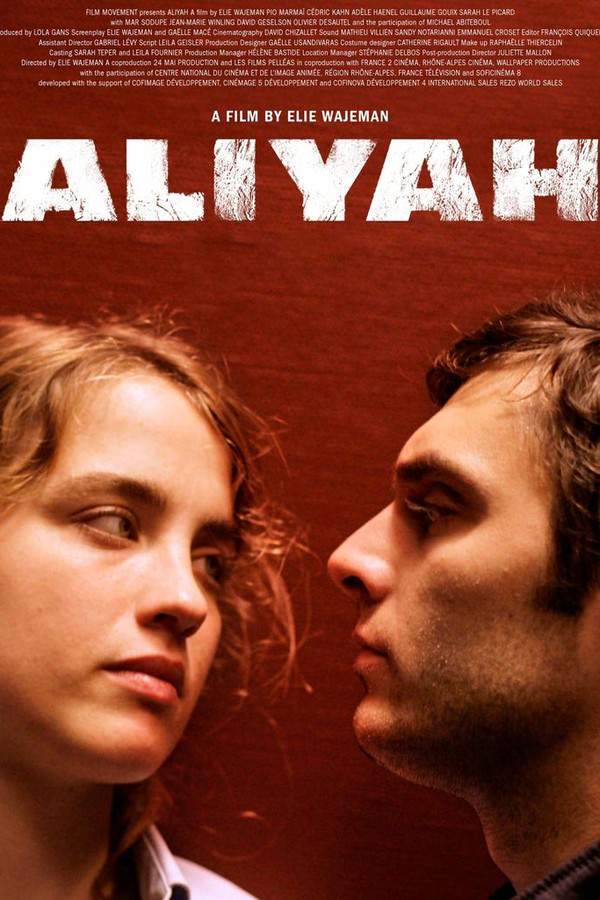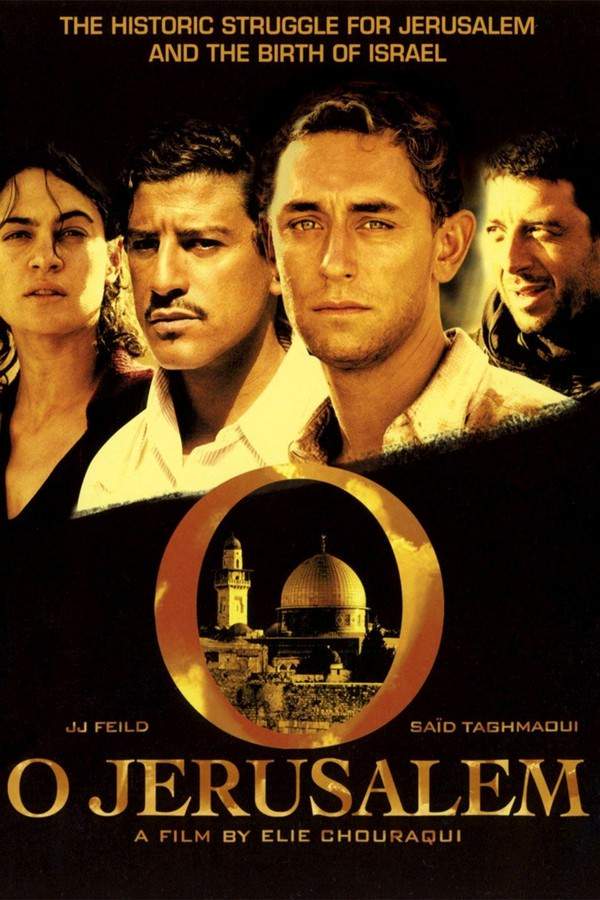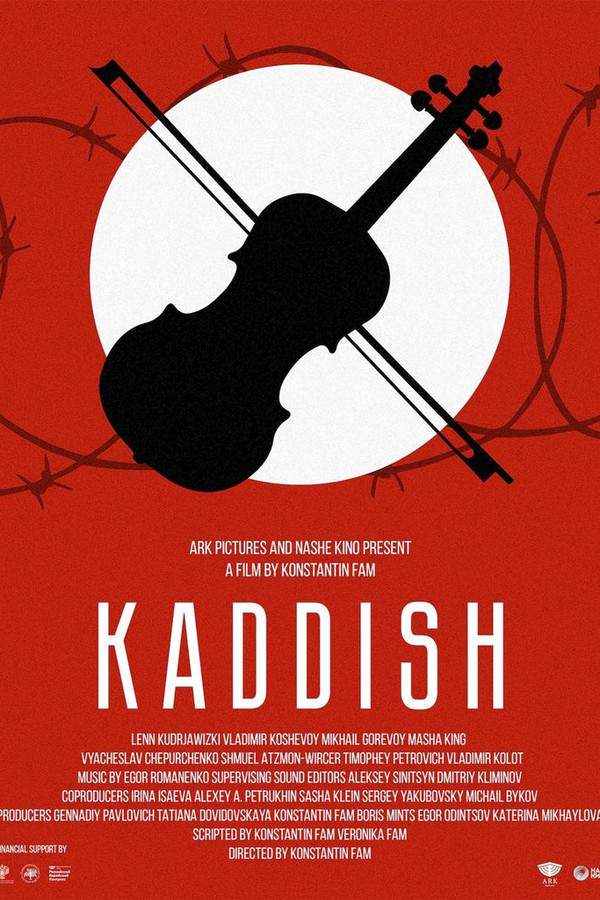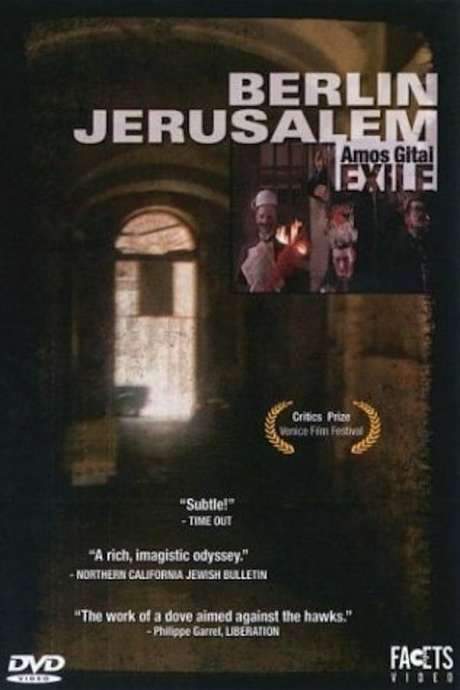A Tale of Love and Darkness 2016
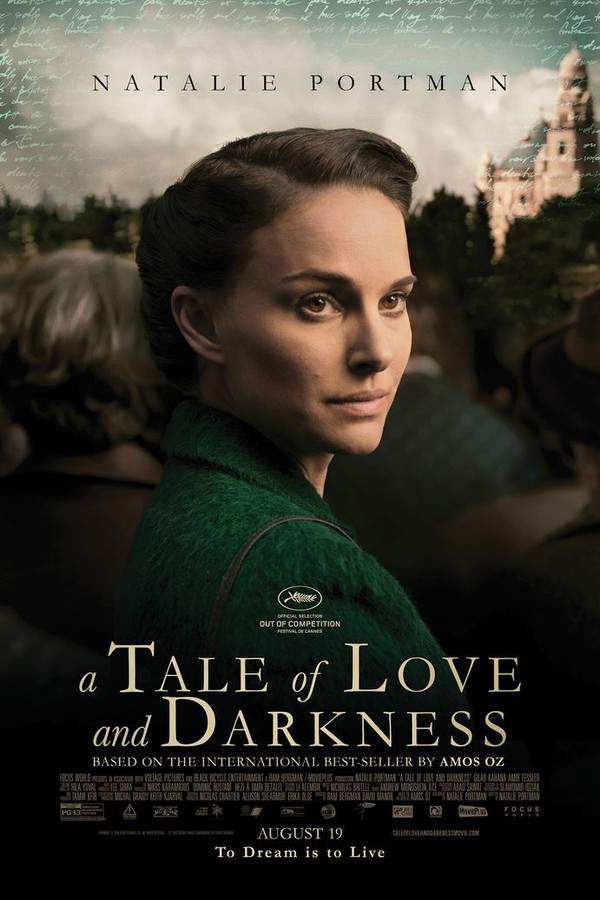
During the early years of Israel, a young Amos Oz experiences a formative period marked by personal struggles and national upheaval. The film explores his coming-of-age through his complex relationship with his mother, portrayed by Natalie Portman. As Amos finds his voice as a writer, the boundaries between reality and imagination become blurred, forcing him to confront the challenges of reconciling his individual experiences with the broader historical context.
Does A Tale of Love and Darkness have end credit scenes?
No!
A Tale of Love and Darkness does not have end credit scenes. You can leave when the credits roll.
Meet the Full Cast and Actors of A Tale of Love and Darkness
Explore the complete cast of A Tale of Love and Darkness, including both lead and supporting actors. Learn who plays each character, discover their past roles and achievements, and find out what makes this ensemble cast stand out in the world of film and television.
External Links and Streaming Options
Discover where to watch A Tale of Love and Darkness online, including streaming platforms, rental options, and official sources. Compare reviews, ratings, and in-depth movie information across sites like IMDb, TMDb, Wikipedia or Rotten Tomatoes.
Ratings and Reviews for A Tale of Love and Darkness
See how A Tale of Love and Darkness is rated across major platforms like IMDb, Metacritic, and TMDb. Compare audience scores and critic reviews to understand where A Tale of Love and Darkness stands among top-rated movies in its genre.

55
Metascore
5.9
User Score


72%
TOMATOMETER

50%
User Score

6.0 /10
IMDb Rating

57
%
User Score

3.2
From 8 fan ratings
Take the Ultimate A Tale of Love and Darkness Movie Quiz
Challenge your knowledge of A Tale of Love and Darkness with this fun and interactive movie quiz. Test yourself on key plot points, iconic characters, hidden details, and memorable moments to see how well you really know the film.
A Tale of Love and Darkness Quiz: Test your knowledge on the poignant narrative of Amos's life and his family's struggles in 'A Tale of Love and Darkness'.
What pivotal event took place on November 29, 1947?
The establishment of the State of Israel
The start of the Arab-Israeli War
The sale of land to Jewish settlers
The United Nations General Assembly Resolution 181 was approved
Show hint
Full Plot Summary and Ending Explained for A Tale of Love and Darkness
Read the complete plot summary of A Tale of Love and Darkness, including all major events, twists, and the full ending explained in detail. Explore key characters, themes, hidden meanings, and everything you need to understand the story from beginning to end.
Amos reflects on his early childhood during the British Mandate of Palestine, now known as Israel, with his devoted mother, Fania, and father, Arieh. Immigrating from Europe, his Ashkenazi Jewish parents navigate the complexities of life in Jerusalem, a harsh desert landscape far from Fania’s family in Tel Aviv, where communication is sparse and challenging. As an only child, Amos shares a unique bond with his mother, who often recounts tales from her own youth—many laced with sorrow or violence.
His parents often entrust him to a childless couple, who one day take him to meet a Palestinian Arab friend. They advise Amos to remain quiet to avoid offending their hosts, but in a moment of playfulness on the swing, he accidentally injures the Arab boy. Panic ensues as his father hurriedly contacts the injured boy’s father, assuring him all medical expenses will be covered.
On November 29, 1947, Amos and his family join neighbors to listen to the radio announcement of United Nations General Assembly Resolution 181, a pivotal moment proposing the partition of Mandatory Palestine. Overjoyed, his parents celebrate, with Arieh recounting the brutalities faced by his own father at the hands of anti-Semites in Europe. He assures Amos that with a homeland of their own, such hatred would eventually fade. He also comforts Amos, stating that while he may face bullying for being an intellectual, his Jewish identity will never be a reason for mistreatment.
However, soon after, civil war erupts as tensions escalate between Arabs and Jews. Arieh enlists, leaving Amos and other children to contribute by gathering materials for the war. Tragically, one of Fania’s friends falls victim to a Palestinian sniper, creating a palpable atmosphere of fear and loss.
Despite the eventual defeat of the Arabs in the war, Fania sinks into a deep depression, struggling with insomnia and loss of appetite. In an effort to shield her pain from friends and family, Amos and Arieh step in, but the burden becomes heavy. After an unsuccessful stint on anti-depressants, Fania momentarily revives her spirited self but ultimately succumbs once more during a meal out, leading to her heartbreaking decision to end her life through an overdose in 1952. In the film, Amos reflects, > “I believe she felt so much pain that she came to see death as a lover she longed to unite with.”
In the years that follow, Amos finds a new path on a kibbutz, diligently working towards fulfilling his mother’s dream of transforming the barren desert into a thriving landscape. During a visit with his father, a teenager now, Amos shares tales of his new life, yet admits that despite his endeavor to be healthy and rugged, his intellectual nature still prevails, leaving him feeling pale and weak.
As the years pass, an elderly Amos Oz settles down to pen his memoirs, beginning with a heartfelt invocation of the word, “Mother.”
Uncover the Details: Timeline, Characters, Themes, and Beyond!

Coming soon on iOS and Android
The Plot Explained Mobile App
From blockbusters to hidden gems — dive into movie stories anytime, anywhere. Save your favorites, discover plots faster, and never miss a twist again.
Sign up to be the first to know when we launch. Your email stays private — always.
Watch Trailers, Clips & Behind-the-Scenes for A Tale of Love and Darkness
Watch official trailers, exclusive clips, cast interviews, and behind-the-scenes footage from A Tale of Love and Darkness. Dive deeper into the making of the film, its standout moments, and key production insights.
A Tale of Love and Darkness Themes and Keywords
Discover the central themes, ideas, and keywords that define the movie’s story, tone, and message. Analyze the film’s deeper meanings, genre influences, and recurring concepts.
A Tale of Love and Darkness Other Names and Titles
Explore the various alternative titles, translations, and other names used for A Tale of Love and Darkness across different regions and languages. Understand how the film is marketed and recognized worldwide.
Similar Movies To A Tale of Love and Darkness You Should Know About
Browse a curated list of movies similar in genre, tone, characters, or story structure. Discover new titles like the one you're watching, perfect for fans of related plots, vibes, or cinematic styles.
Quick Links: Summary, Cast, Ratings, More

What's After the Movie?
Not sure whether to stay after the credits? Find out!
Explore Our Movie Platform
New Movie Releases (2026)
Famous Movie Actors
Top Film Production Studios
Movie Plot Summaries & Endings
Major Movie Awards & Winners
Best Concert Films & Music Documentaries
Movie Collections and Curated Lists
© 2026 What's After the Movie. All rights reserved.


